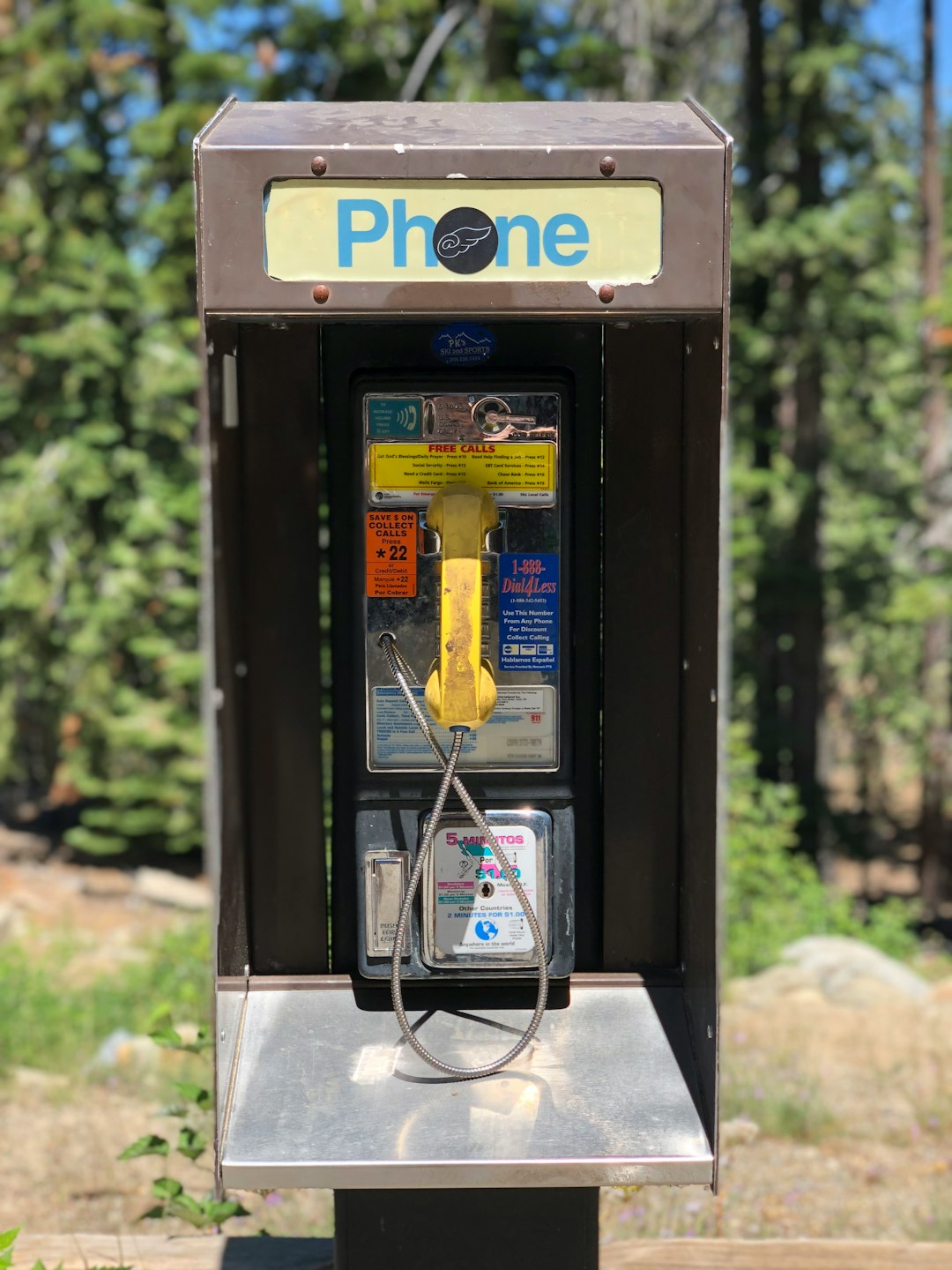Wyoming residents enjoy robust anti-spam laws, including a "Do Not Call" registry for blocking commercial texts. Businesses and law firms must obtain explicit consent before sending marketing messages, facing penalties for violations. By registering on the state's list and using carrier tools, residents can combat nuisance spam effectively. Legal avenues include FTC complaints, small claims court, or consulting consumer rights attorneys to stop abusive practices from "Do Not Call" law firms.
In Wyoming, residents enjoy protections against unwanted text message spam under state laws. With the proliferation of marketing and legal firm communications via SMS, understanding your rights is crucial. This article delves into Wyoming’s anti-spam regulations specifically targeting text messages, outlines your defenses against unwanted texts, and provides actionable steps to stop law firm spam effectively. Learn about seeking legal recourse if these intrusions persist, ensuring your privacy and peace of mind in the face of digital nuisances.
Understanding Wyoming's Anti-Spam Laws for Text Messages

Wyoming residents enjoy protections against unwanted text messages under state laws designed to combat spam. These laws, aimed at preventing harassment and ensuring privacy, are particularly relevant when it comes to commercial or unsolicited messaging. One key aspect is the “Do Not Call” registry, which allows individuals to register their phone numbers to opt-out of marketing texts. This means that businesses and law firms in Wyoming looking to reach residents via text must obtain explicit consent first.
Violations of these anti-spam laws can result in penalties for senders, offering Wyoming residents a powerful tool against unwanted and nuisance messages. It’s crucial for both businesses and individuals to understand their rights and responsibilities under these regulations, especially given the prevalence of automated text messaging systems. Adhering to these guidelines helps maintain a harmonious balance between marketing efforts and personal privacy.
Your Rights When Unwanted Texts Invade Your Phone

When your phone starts buzzing with unwanted text messages, especially from unfamiliar numbers, it can be frustrating and intrusive. As a Wyoming resident, you have rights to protect yourself from spam texts. According to state laws, businesses and individuals are prohibited from sending unsolicited text messages, often known as junk texts, for marketing or promotional purposes. This means no more annoying sales pitches appearing on your screen without your consent.
If you receive these spammy texts, you can take action. Many phone service providers offer tools to block numbers, allowing you to silence unwanted communicators. Additionally, Wyoming has implemented a “Do Not Call” list for text messages, mirroring the success of similar lists for phone calls. Registering your number on this list can significantly reduce the volume of spam texts you receive. Remember, asserting your rights is an essential step in reclaiming control over your digital space.
How to Stop Law Firm Spam in Wyoming Effectively

In Wyoming, one common nuisance is spam text messages from law firms, often promoting legal services or trying to solicit clients. To combat this effectively, residents can take several proactive steps. First, register for a Do Not Call list specific to Wyoming. This official registry helps filter out unwanted marketing calls and texts, including those from law firms. By signing up, you assert your right to privacy and reduce the influx of spam significantly.
Additionally, many mobile carriers offer tools and settings to block or filter out such messages. Check your phone’s settings for options related to blocking unknown numbers or specific types of messaging. Utilizing these features can provide a layer of protection against law firm spam. Remember, asserting your rights as a Wyoming resident is essential in navigating this modern-day challenge.
Legal Recourse for Persistent Text Message Abuses

If you’re a Wyoming resident facing persistent spam text messages, there’s legal recourse available to protect your rights. According to state laws and federal regulations, such as the Telephone Consumer Protection Act (TCPA), businesses are prohibited from sending unsolicited text messages en masse. If these messages continue despite your clear indication of disinterest or include false pretenses, you may have a case for legal action.
Wyoming residents can file complaints with the Federal Trade Commission (FTC) and seek damages through small claims court. Additionally, hiring a local attorney specializing in consumer rights—without resorting to “Do Not Call” law firms—can be beneficial. These professionals are equipped to navigate the legal complexities and help you secure compensation or an immediate halt to the abusive practices.






